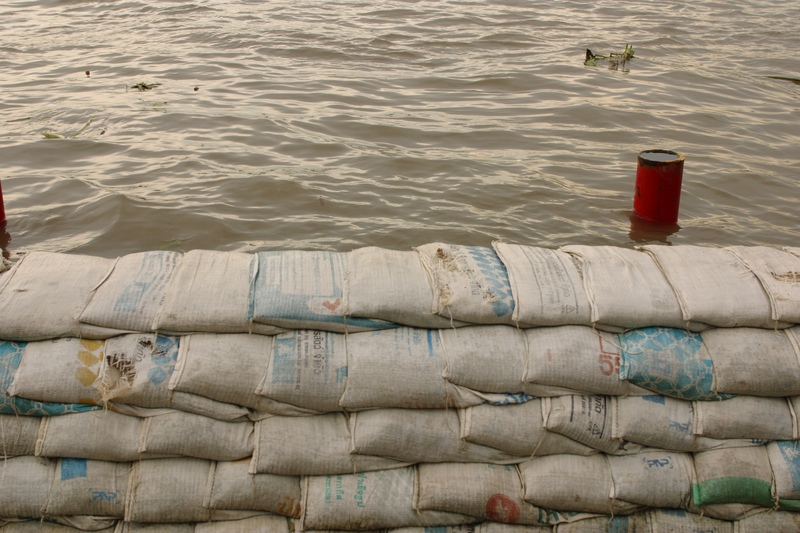FRIDAY, May 6, 2016 (HealthDay News) — When there’s a real chill in the air, your risk of being hospitalized for heart failure rises, a new study suggests.
Cold weather also seems to boost the risk of hospitalization for both heart failure and atrial fibrillation, a condition characterized by an irregular heart rhythm.
“In the past, seasonal differences have been noted for heart attacks and strokes,” said study co-author Dr. Abhishek Deshmukh, a cardiac electrophysiologist with the Mayo Clinic in Rochester, Minn.
“We looked at seasonal differences in patients getting hospitalized for heart failure and atrial fibrillation from a large national hospitalizations database,” he added. “We found that during cooler months, especially in February, the rates of hospitalizations are the highest.
“It is striking that people get more sick with cardiac diseases during cooler months,” Deshmukh said. “Whether it is the cooler air, after-effect of holiday season or other environmental triggers needs further studies.”
Deshmukh and his colleagues were to present their findings Friday at a meeting of the Heart Rhythm Society, in San Francisco.
More than five million Americans experience heart failure every year and as many as 6 million may have atrial fibrillation, according to the U.S. Centers for Disease Control and Prevention.
The study focused on hospitalizations that occurred between 2002 and 2012 due to heart failure. That information included more than 12 million patients, a third of whom also had atrial fibrillation.
Averaging the frequency of hospitalizations across the 10-year period, the researchers found that both those with heart failure and those with heart failure and atrial fibrillation were “notably” more likely to be hospitalized during winter months compared with summer months.
The lowest month for such hospitalizations was July, the study authors said. But in the months after, hospitalizations climbed, reaching their highest rate in February. From that month forward, however, the figures started to decline, until again reaching a low point the following July.
Though Deshmukh said it’s unclear what exactly drives these seasonal differences, he identified a number of “plausible reasons.” They include: seasonally provoked changes in bodily fluid balances, changing levels of naturally occurring hormones, a rise in infection risk, and shifting air pollution environments.
The cooler ambient air of winter may itself serve as a potential trigger, he added, given that cooler air can provoke an increase in blood pressure.
That point was seconded by Dr. Gregg Fonarow, a cardiology professor at the University of California, Los Angeles.
“Blood pressure is higher in winter, which can worsen heart failure,” he said. “Also during winter months, there are higher rates of respiratory tract infections, which increase heart failure risk.”
An increase of salt intake in winter months may also be problematic, he noted.
Deshmukh said he believes that increasing “awareness of this ‘winter effect’ may lead to more attention to symptoms.”
Still, is there anything patients can do to proactively cut down the likelihood of cold weather heart trouble?
Unfortunately, no, said Deshmukh, who added that more research is needed to explore what steps patients can take to modify or diminish the wintertime risk.
Meeting results are typically viewed as preliminary until published in a peer-reviewed journal.
More information
There’s more on heart failure at the American Heart Association.
Copyright © 2026 HealthDay. All rights reserved.

